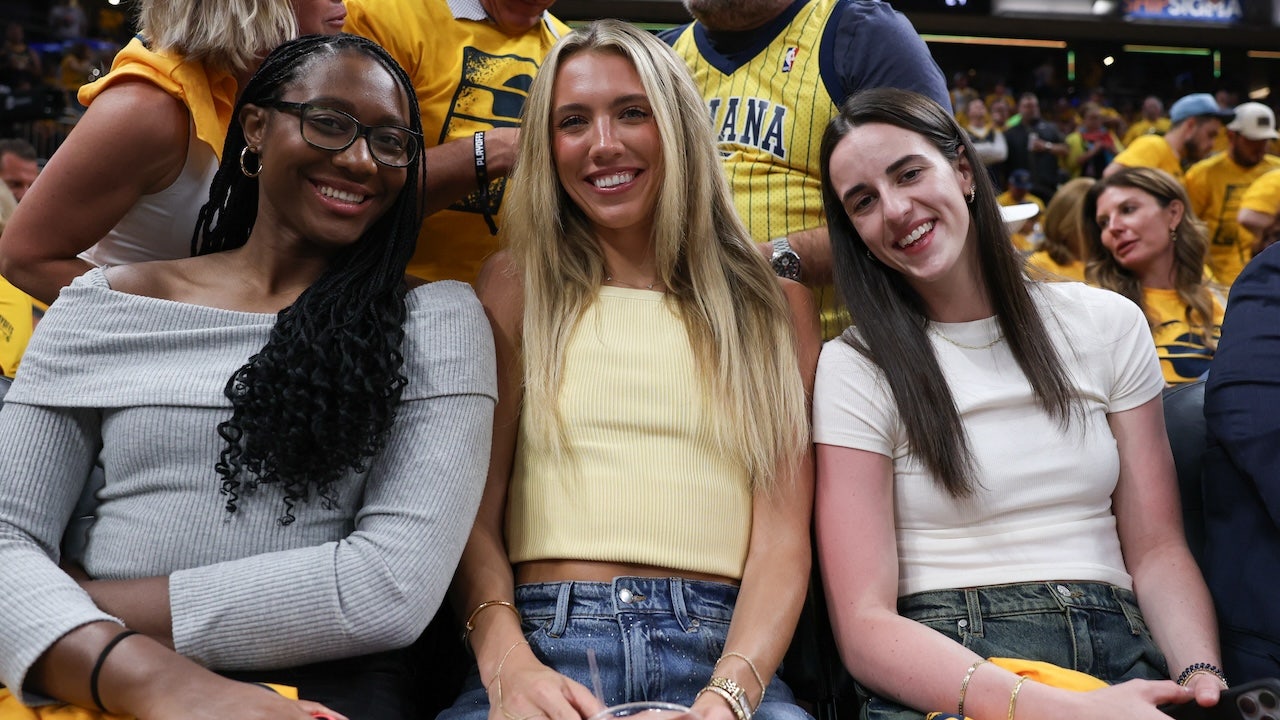New guidebook aims to promote diversity, belonging in community sports

As barriers prevent some youth from playing sports, the Ottawa Sport Council has released a resource guide to make the local scene more inclusive.
“The Belonging Playbook” is designed to remove barriers faced by athletes who have disabilities, come from diverse cultures or face difficult financial situations.
Many sports organizations in Ottawa are aware of the issues and are trying to take action, the council has said.
But as the playbook highlights, there are always ways to better ensure that everyone has a space in community sports.
“They don’t necessarily know how to adapt their league or their sport to include other people,” said Marcia Morris, executive director of the council, in an interview with CBC Radio’s All In A Day.
“Many organizations wanted to make those adaptations, but they just didn’t know where to start.”
Morris said her team published the guide in response to requests from member organizations like the City of Ottawa, the Abilities Centre, the Community Sports Council Ontario and Jumpstart.
National organizations are already requesting to partner with the council in hopes of spreading the playbook around the country, she added.
All in a Day10:24Promoting diversity in community sports
A new guide from the Ottawa Sports Council aims to help community sports organizers create inclusive and diverse spaces for everybody who wants to play.
Barriers to minor hockey
Helen Tyson, president of the Nepean Minor Hockey Association (NMHA), acknowledged that hockey has traditionally been a non-diverse sport and that rising costs are making it harder for kids to participate.
“I just want the sport to be accessible to everybody who wants to play it,” Tyson said.
“So if we can bring in populations that wouldn’t necessarily be exposed to it as they come to Canada for the first time … whatever we can do to support that is great.”
Most of the NMHA’s players are from Barrhaven, which Tyson said is becoming increasingly diverse. That means addressing financial and cultural barriers is a priority, she said.
While the NMHA does have a financial assistance program, and recently created a board position dedicated to equity, diversity and inclusion, the guide will help them be more sensitive to certain situations, Tyson said.
For instance, one of the biggest challenges they face is being given ice time on holidays and religious observances, she said.
The playbook includes a cultural calendar that lists many of those observances and is meant to help avoid scheduling clashes.
“You can’t be selective on which ones we accommodate and which ones we don’t,” Tyson said.

Is it enough?
Despite those attempts at change, discrimination still exists — especially in hockey.
According to data released in November by Hockey Canada’s independent third party, the number of penalties called for verbal taunts of discrimination nearly doubled last year compared to the previous season.
Based on its registration numbers, Hockey Eastern Ontario had the most penalties called for discriminatory taunts, double most other provinces and territories.
For 17-year-old Rouba El Khatib, playing hockey during Ramadan has been a slight challenge as she’s kept up her fast while practicing.
El Khatib is a member of the Hockey 4 Youth program at Ridgemont High School, a team made up exclusively of female newcomers that introduces them to the sport at no cost. She learned about hockey in gym class four years ago after moving to Ottawa from Lebanon following the explosions in Beirut.
El Khatib said she has “a lot of passion” for the sport, and suggests scheduling practices after sunset during Ramadan so players can eat and drink while on the ice.
It’s her belief, she said, that the guide will help others feel as included as she does, adding that she’s grateful that programs like Hockey 4 Youth exist.
“It really makes me happy that other people like me, especially get to experience what I’m experiencing,” El Khatib said.
“It’s gonna help them with their mental health, to get more involved in the community, and to try a sport that they have probably seen on the television and had maybe the dream of trying.”





